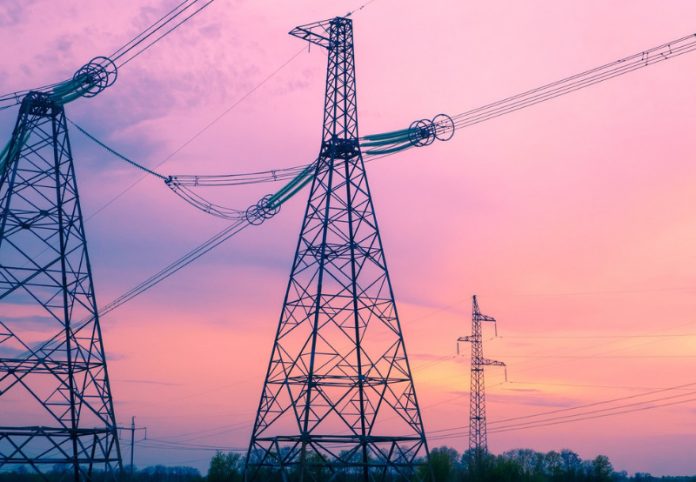——- Govt signs term sheets with 18 commercial banks
——- Plans to abolish interest-based banking by 2028
——- Banks will provide loans through Islamic financing
By Eman Alam
ISLAMABAD: Pakistan has signed term sheets with 18 commercial banks for Rs1.275 trillion ($4.50 billion) Islamic fi-nance facility to help pay down mounting debt in its power sector, Energy Minister Sardar Awais Ah-mad Khan Leghari said on Friday.
The government, which owns or controls much of the power infrastructure, is grappling with balloon-ing “circular debt”, unpaid bills and subsidies, that has choked the sector and weighed on the econo-my.
The liquidity crunch has disrupted supply, discouraged investment and added to fiscal pressure, mak-ing it a key focus under Pakistan’s $7 billion IMF programme.
Finding funds to plug the gap has been a persistent challenge, with limited fiscal space and high-cost legacy debt making resolution efforts more difficult.
“Eighteen commercial banks will provide these loans through Islamic financing,” Power Minister Awais Leghari told Reuters. “It will be repaid in 24 quarterly instalments over six years.”
The facility, structured under Islamic principles, is secured at a concessional rate of 3-month KIBOR, the benchmark rate banks use to price loans, minus 0.9%, a formula agreed on by the IMF.
Leghari said it will not add to public debt. Existing liabilities carry higher costs, including late payment surcharges on Independent Power Producers of up to KIBOR plus 4.5%, and older loans ranging slightly above benchmark rates.
Meezan Bank, HBL, National Bank of Pakistan and UBL were among the banks participating in the deal, he said.
The government expects to allocate Rs323 billion annually to repay the loan, capped at Rs1.938 trillion over six years.
The agreement also aligns with Pakistan’s target of eliminating interest-based banking by 2028, with Islamic finance now comprising about a quarter of total banking assets.
Earlier, Pakistan has boosted solar power generation by over three times global average so far this year, solar capacity imports up more than fivefold since 2022
Solar power made up 25% of utility-supplied electricity in 2025, making Pakistan among 20 nations sourcing quarter or more monthly electricity supplies from solar
Pakistan is rapidly emerging as a key leader in solar power deployment, and not just within emerging economies.




